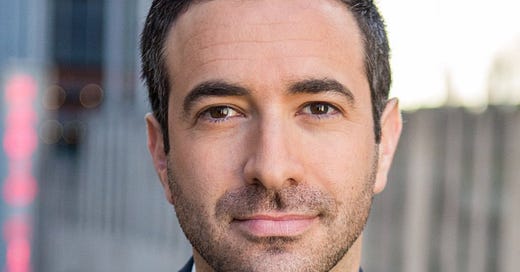Hi, Ari here with a special piece today on a challenge that is often crowded out by other news — America’s gun epidemic…
Sign up for my entire newsletter here:
Guns on Demand
The pandemic has exploded the death rate in most countries. The numbers are hard to digest—more deaths than most modern wars combined. But the U.S. also has a different death rate tha…
Keep reading with a 7-day free trial
Subscribe to Ari Melber to keep reading this post and get 7 days of free access to the full post archives.



